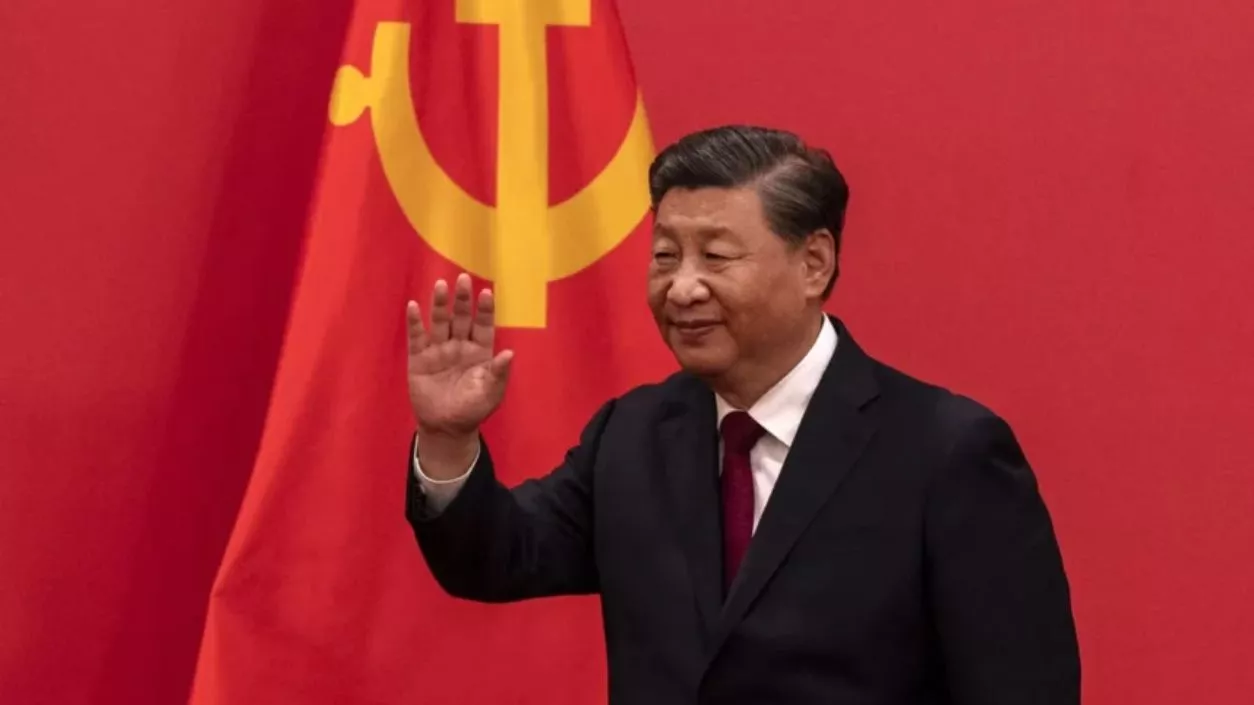.gif)
.gif)

China has announced fresh 10-15% tariffs on US agricultural and food products, set to take effect from March 10. The Chinese finance ministry confirmed that soybeans, sorghum, pork, beef, aquatic products, fruits, vegetables, and dairy products will face a 10% tariff, while wheat, corn, chicken, and cotton will be hit with a 15% duty. In addition, China has imposed export and investment restrictions on 25 US firms.
The announcement follows US President Donald Trump's decision to double tariffs on Chinese goods from 10% to 20%, effective March 4. Trump also imposed a new 25% duty on imports from Canada and Mexico. The US cited trade imbalances and concerns over China's role in fentanyl production as key reasons for these measures. China has denied these allegations.
Canada and Mexico have responded with their own countermeasures. Canadian Prime Minister Justin Trudeau announced tariffs on $107 billion worth of US goods starting Tuesday, with further tariffs on $125 billion worth of imports planned within 21 days. Mexico’s President Claudia Sheinbaum said, “We have a plan B, C, D” to counter the US tariffs but did not specify details.
China’s state-backed media had earlier indicated that the country would respond with both tariff and non-tariff measures, targeting American agricultural and food products. The finance ministry's statement confirmed that the new levies would be implemented next week, further escalating tensions between Washington and Beijing.
The trade conflict is now affecting multiple sectors, including agriculture, energy, and manufacturing. The US tariffs on Canada also include a 10% duty on energy products, while Mexico has hinted at potential countermeasures in key industries. The US maintains that the tariffs will remain in place until the trade imbalance is addressed.
With all three countries imposing fresh tariffs, global markets remain on edge. The new measures are expected to disrupt supply chains and increase costs for businesses and consumers across multiple sectors. Economic analysts have warned that prolonged trade tensions could impact global growth in the coming months.